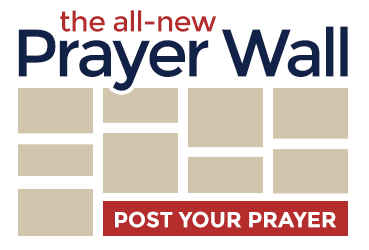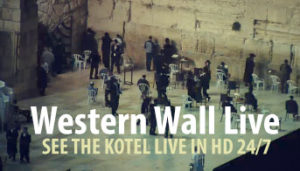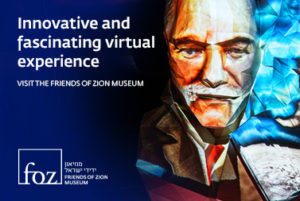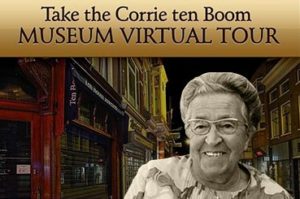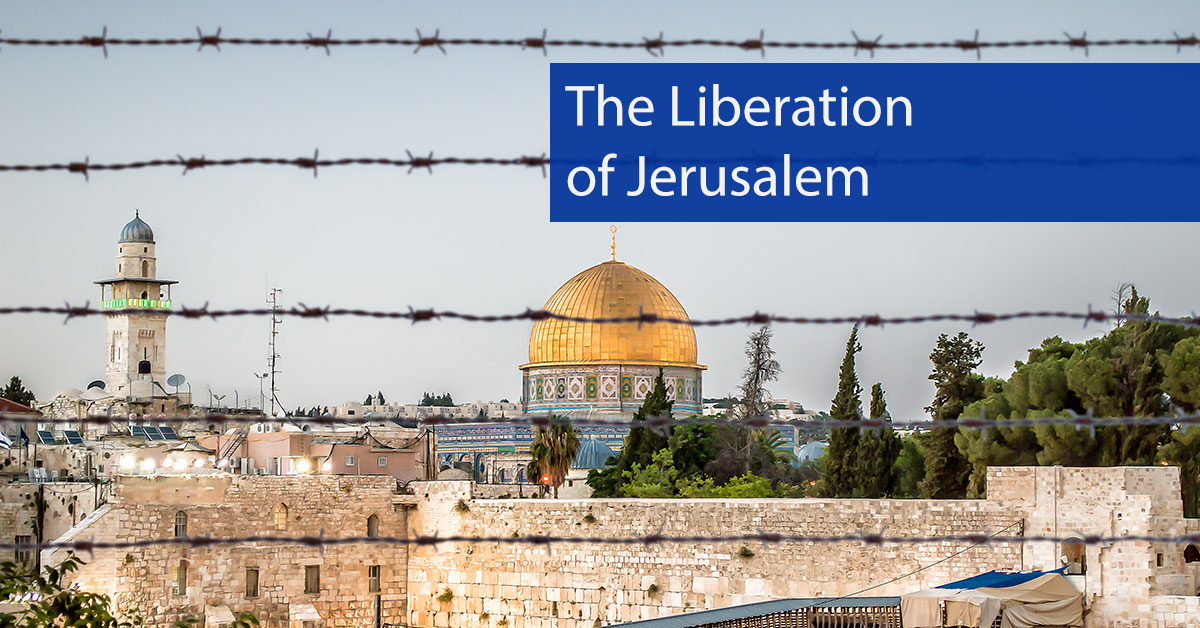
In 1992, we were privileged to have Jerusalem Mayor Teddy Kollek address our Pray for the Peace of Jerusalem Rally in Dallas, Texas. Teddy Kollek was the Mayor of Jerusalem at the time of the liberation of the Holy City in 1967 and for many years after. The following excerpts are taken from his remarks that evening:
I think I have been the most lucky person in the world by becoming the Mayor of Jerusalem. There are more important jobs. But there are no more interesting or meaningful jobs than being the Mayor of Jerusalem. Besides everything else, you know, there are the deadly sins. I regard as the most deadly sin the sin of boredom—and that you never commit in Jerusalem! I did the best I can do. And that lets me fall asleep quietly in the night and not worry too much. Another day will come. Sometimes it starts at 4:00 in the morning. And sometimes it goes on until midnight.
But they are all days full of interests, full of worries, full of pleasures, and some full of achievement. I had the greatest chance any human being could have—to try to rebuild Jerusalem. There is no greater task in the world. No more important one than to rebuild the Holy City. It was a badly neglected city. When the United Nations decided in November 1947 to create a Jewish state and an Arab state, we were not very happy. Here was a Jewish state with an internationalized Jerusalem that didn’t belong to anybody—who will take care of it? It was really Jerusalem that meant something more than the Jewish state.
For Jerusalem, we had prayed all our lives, all generations. The Bible mentions Jerusalem over 500 times, always in connection with Jewish names and Jewish prophets and Jewish kings. And we wanted at that time to solve the greatest human problem that was still left. There were tens of thousands of people, the remnants of the six million who had died, wandering around Europe and couldn’t go anywhere. And Palestine was still under British rule and the British didn’t allow anybody to come in. And if we could get that state of ours, as small as it would be, it could solve the misery of people who suffered more than anybody could even think or imagine.
So we agreed to a very small Israel, to Jerusalem being internationalized and not belonging to us because we thought this would give us that state and that possibility to help these tens of thousands of people who still had nowhere to go. The Arabs didn’t accept it. The decision of the United Nations was that on the 15th of May a state of Israel should be declared. We were warned not to do it. We were all together 600,000 people. We had no army. This was our chance in history. Either we would win or we would go under.
Our Prime Minister then, Mr. David Ben-Gurion decided, “This is it. We have to do it, and we will succeed!” And the state of Israel was declared and on the same day, all of the Arab armies attacked us. I happened to be one of the lucky ones who was in that hall where the declaration of the creation of the state was read out by Mr. Ben-Gurion. A cruel war started. Out of 600,000 people, we lost 11,000—a very high percentage. But the state of Israel lived, and we were able to take in all those remnants who were wandering around. They wanted to come to Jerusalem because the name Israel was a new name, a new idea they hadn’t yet absorbed. But Jerusalem belonged to us only half because it was divided where the army stood. In this way it remained for 19 years.
In 1967, all the Arab countries thought they could liquidate us and finally get rid of this foreign body in the Middle East…have only Arab-Islamic countries there. When the Egyptians lost in Sinai they thought they might get relief by [having the Jordanian Army] attacking us in Jerusalem. The attack started in the middle of the morning when all the children were in school. But the end was they were driven out and left Jerusalem and the West Bank and went across the Jordan to the other side. Jerusalem was united. I had been elected Mayor a little over a year earlier. And I suddenly found a task before me that was incredible. All these great holy places, these great historical places…we found this all in the worst of disrepair. We couldn’t live in the city and carry the responsibility for it and not have it in the best of shape.
The United States hasn’t yet recognized Jerusalem as the capital. (EDITOR’S NOTE: To our shame, more than 20 years after Mayor Kollek said this, we still have not taken this important step.) Most of the other countries haven’t. But the country and its people choose its own capital city. Jerusalem was the capital of the Jewish people for 3,000 years. No country has ever made its capital in Jerusalem with the exception of us. We were not there all the time. We were there for a couple of hundred years and away again and again there for a couple hundred years. But whenever we were there or we weren’t there, this was our capital. For this we prayed. Every day, several times Jerusalem is mentioned in our prayers.
When we prayed for Jerusalem, and Jews prayed for Jerusalem over the centuries, we prayed for the rebuilding of the Temple. When the crusaders came, they destroyed the mosques. When the Muslims came back, they destroyed the churches. Here was the [Dome of the Rock] where Muslims had prayed for 1,300 years, and we decided to leave the temple and the Temple Mount in the hands of the Muslims—not forever, but for the day when the Messiah would come. Then He will decide to whom this belongs. It is beyond the capacity of city administrations or normal governments to make such decisions. Meanwhile we try to do what we can to run a just city.
I am a mayor now for 27 years. I walk through the city day and night alone. I have never had a guard. I never carried arms. I live in a little apartment that belonged to us before I became a Mayor. I have no policeman outside. My telephone number is in the book and people can call me up and say the sewage is running over! It is a good city—a hospitable city. I urge all of you who haven’t been there to come and visit us. Look at it. Spend some time there. It’s a very pleasant city and easy to visit.
Teddy Kollek was born in Hungary in 1911. He was named in honor of Zionist leader Theodor Herzl. His family moved back to Israel not long before the start of the Second World War. During the war, he worked for the Jewish Agency attempting to help Jewish people escape the death camps. He was an integral part of the administration of Israel’s first Prime Minister, David Ben-Gurion. He was first elected Mayor of Jerusalem in 1965 and was reelected five times, serving six terms in all. He is credited with making Jerusalem into a modern city. He personally raised funds for many cultural museums and projects, including the Jerusalem Zoo. The first two elephants brought there were named Teddy and Tamar in honor of Kollek and his wife. Kollek was referred to by one biographer as “the greatest builder of Jerusalem since Herod.” Kollek died in 2007 and was buried on Mount Herzl in Jerusalem.


